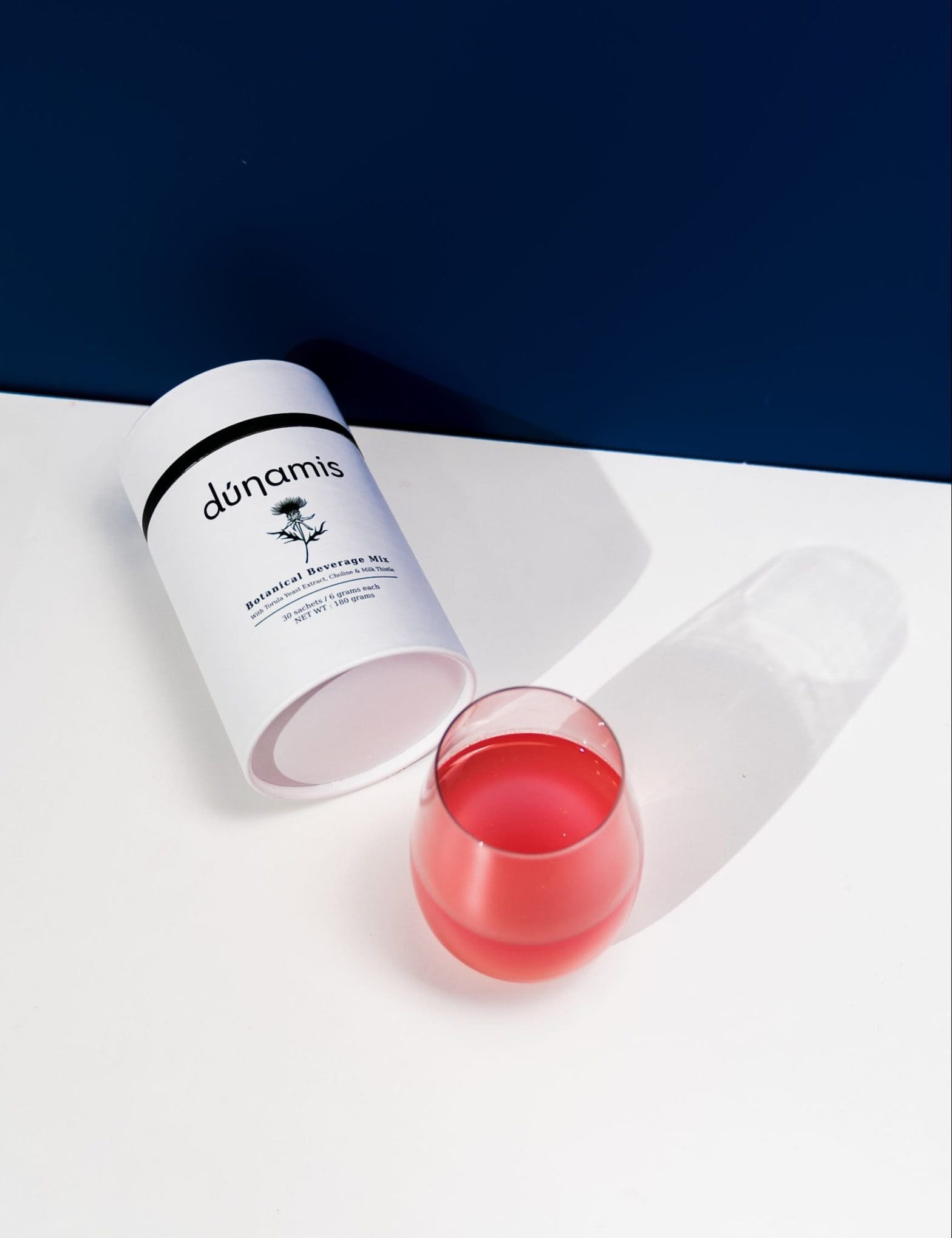Subtotal: SGD$0.00
19 Potential Benefits of Glutathione + Side Effects

19 Potential Benefits of Glutathione + Side Effects
What is Glutathione?
Why do Some Call it “the Master Antioxidant?”
Glutathione (GSH) is your body’s strongest antioxidant. It has an enormous capacity to combat oxidative stress and neutralize harmful free radicals. Chemically speaking, glutathione is a tripeptide made up of 3 amino acids
Glutamic acid
Cysteine
Glycine
The body uses glutamic acid to make glutamine.
When these three amino acids are combined into glutathione, they gain the power to detox dangerous free radicals, toxic drugs, and heavy metals. This mechanism protects your entire body from dysfunction and disease.
At first glance, glutathione is similar to other well-known antioxidants such as vitamin C and vitamin E. What’s remarkable is that unlike most antioxidants – think resveratrol and quercetin – your body can make its own glutathione. It just needs the right building blocks. In fact, your body needs to make glutathione in order for you to live a healthy life. Scientists have even suggested its levels as a great predictor of one’s lifespan.
Glutathione deciency increases susceptibility to oxidative stress, which may be the underlying cause of many diseases including cancer, heart disease, Parkinson’s, and Alzheimer’s.
Glutathione is your body’s master antioxidant. It helps you detox various chemicals and maintain optimal health.
Enhances detox
Supports the liver
May help with diabetes
Supports the brain, gut, kidneys, and lungs
Skeptics:
Unpleasant taste
Poor absorption and bioavailability
May disturb digestion
Insucient evidence for medical use of supplements
Incomplete safety prole and possible unknown side eects
Functions & Benefits of Glutathione
Glutathione is a broadly benecial compound that the human body makes on its own. It is available as a supplement, but supplemental glutathione has poor bioavailability, meaning that not a lot of it is absorbed from the gut to the bloodstream. Plus, the FDA has not approved glutathione supplements for any medical purpose. Thus, this section focuses primarily on the benets of healthy glutathione levels in the body, not on the eects of taking it as a supplement.





